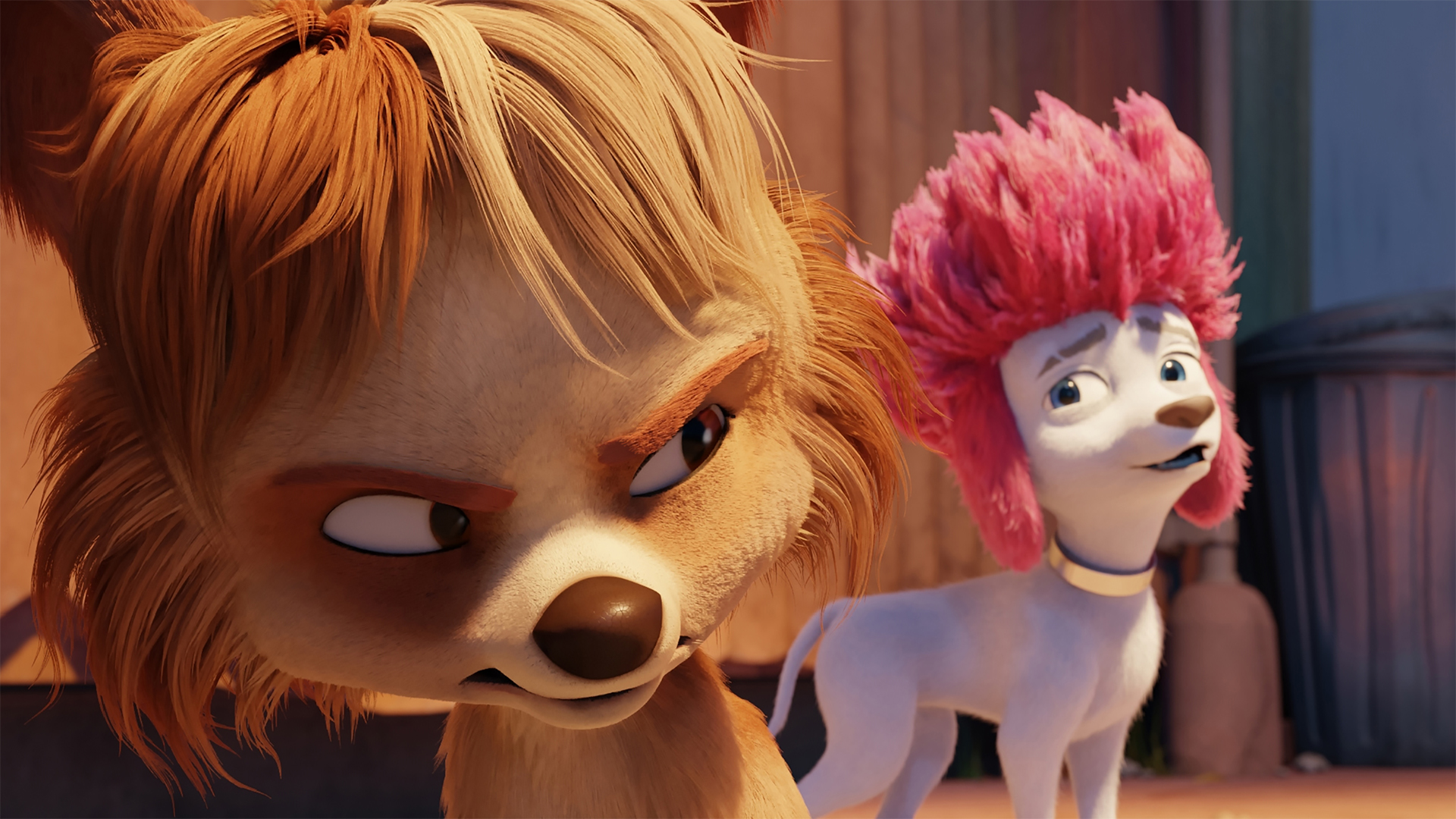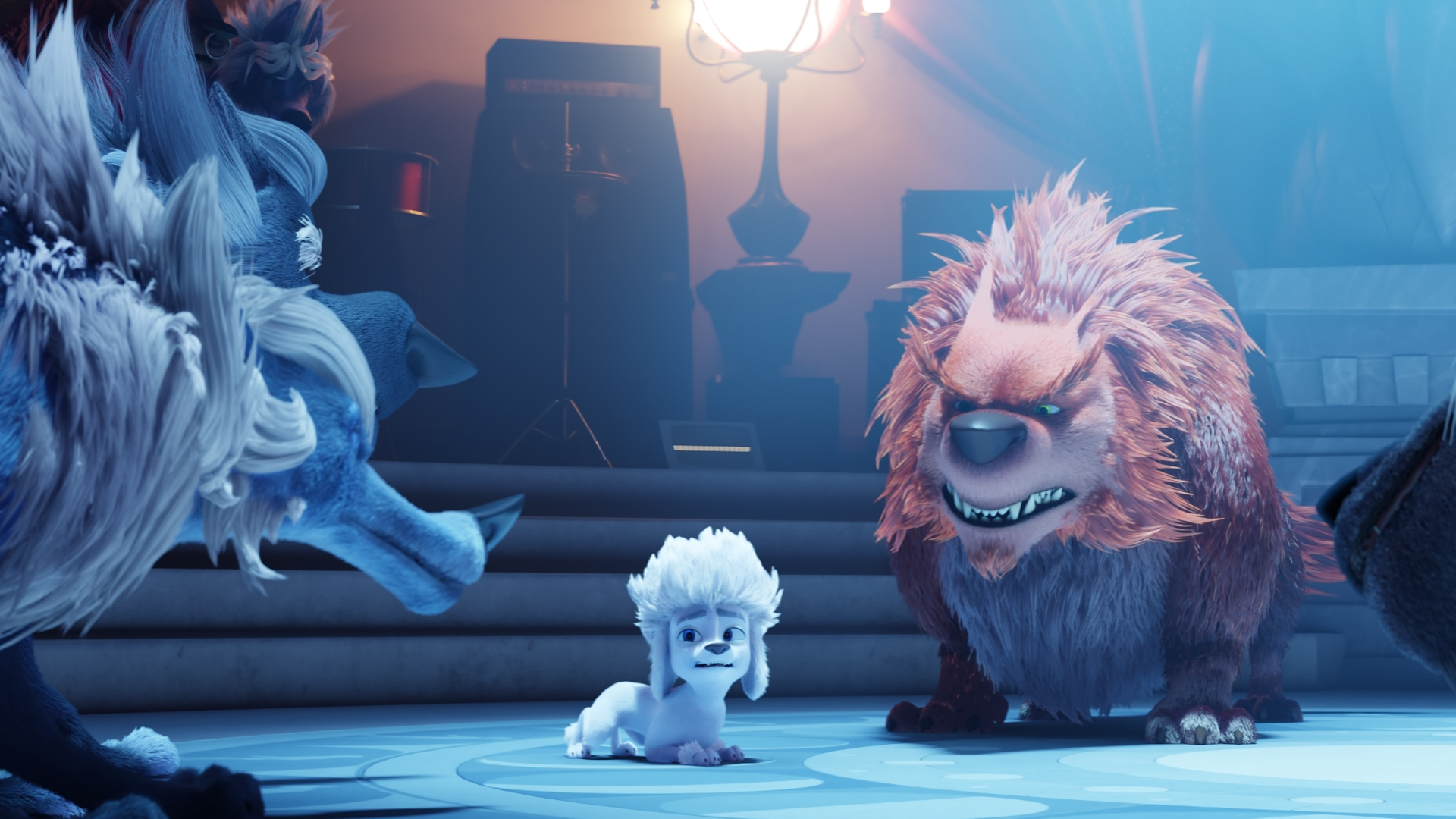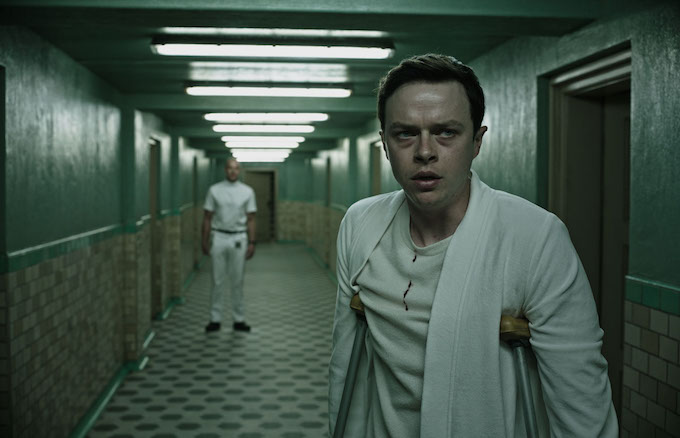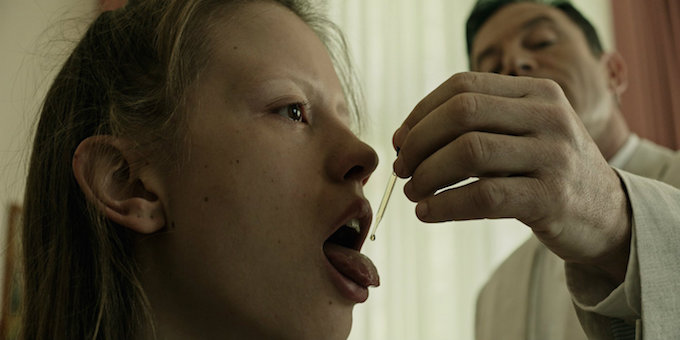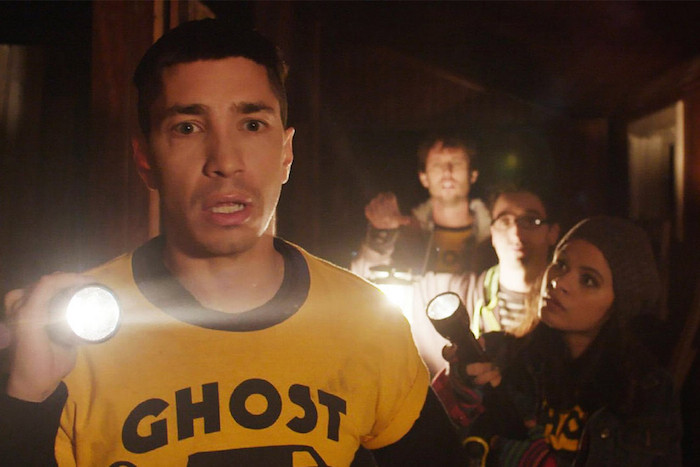REMNANT
 Wednesday, May 29, 2024 at 7:39PM
Wednesday, May 29, 2024 at 7:39PM
Stars: Megan Bell, Isabelle Weiskopf, Nicole Pritchard, Shaun Robert Foley, Tsu Shan Chambers, Remi Webster and Martin Ashley Jones.
Writer/Director: Mike Horan
Rating: ★ ★ ★ ½
Available to view via the Seattle Film Festival online portal until June 13th 2024.

Ghosts abound in Mike Horan’s low-budget/high-concept creepshow Remnant, none more so than those of Alfred Hitchcock, George Romero and (metaphorically, at time of writing) Brian De Palma. The Australian filmmaker is not the first storyteller to draw upon the master’s of cinematic psychosis and paranoia to craft a tale of madness, murder and fractured memory. But few have so effectively achieved what Horan manages, whose low-budget but legitimately menacing descent into dream-logic terror is infused with the DNA of the elevated genre films that have gone before.
From its first frames, in which clouds swirl and fields of wheat sway wildly, we understand Horan's narrative will lean heavily into a stylised, not-entirely-real reality. The opening minutes recount the near-death experience of Grace (a terrific Megan Bell, Horan’s ‘Hitchcock blonde’ ingenue; pictured, top) as she stumbles in confused panic through a bushland setting populated by strange little boys, stabby psychos and ethereal apparitions.
Grace has barely survived a car accident, the details of which will emerge as she recovers at her homestead retreat, where Dr. Stone (Tsu Shan Chambers), the brilliant surgeon who utilised cutting-edge neuro-surgery to save Grace, can covertly watch her patient/guinea pig heal and adapt.

In his convoluted story mix, Horan also melds a slasher origin narrative and a friendship drama (featuring co-star Isabelle Weiskopf in a strong support turn), which proves a few too many subplots for the film to juggle entirely successfully. There is an admirable commitment to fleshing out Grace’s character in the first act, but genre fans will fidget through some wordy exposition; at 112 minutes, the post-production decision-makers might have afforded their final cut another pass.
That said, those same fans are in for a treat come the thriller’s second half. As Grace takes back control of her life and faces off against her demons, imagined and literal, the director, editor Andrew Davis and DOP Mason Grady amp up the horror elements in a vividly cinematic style that Hitch and De Palma would appreciate. An extended, multi-character showdown filmed at the historic Regent Theatre in the New South Wales town of Mudgee is a tour de force, exhibiting just how much can be achieved on a meagre budget when a commitment to the art and craft of genre filmmaking is on show.
A mid-credit sequence pivots Grace’s journey into the realm of body-horror sci fi, which feels like the final genre box to tick given all that has gone before. It underlines that Remnant is an ambitious mix of B-movie beats from a filmmaker who clearly loves films; a strong calling-card project that will alert fans and commercially-minded producers that a new voice spinning his take on old standards has emerged.
 Australian film,
Australian film,  Independent,
Independent,  Supernatural,
Supernatural,  thriller
thriller 